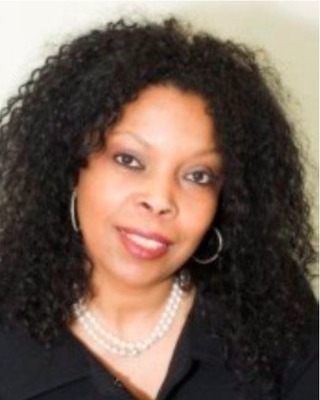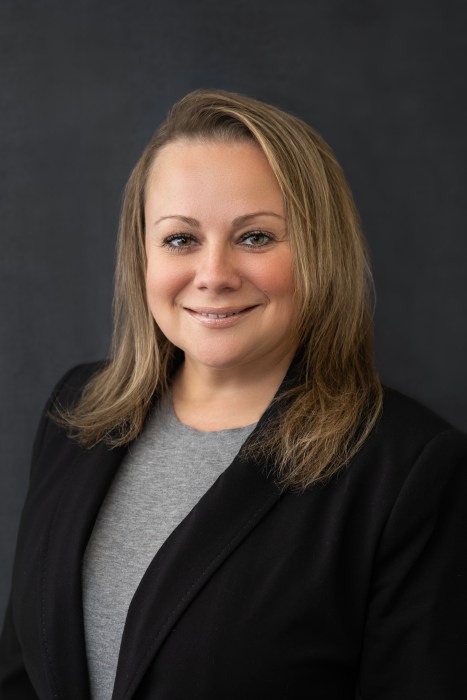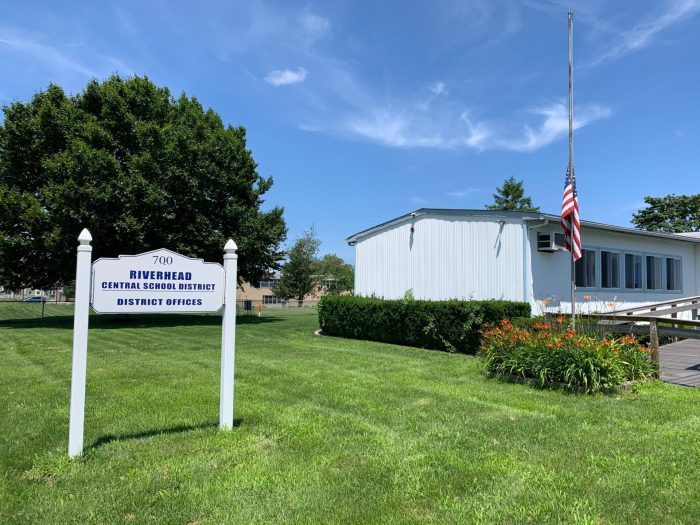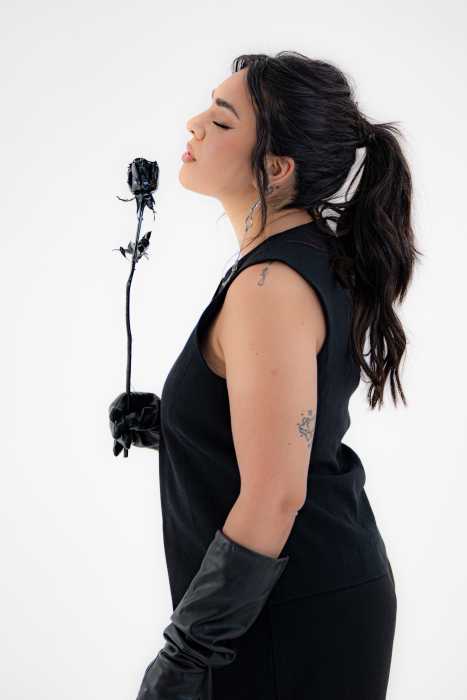When she was growing up in Queens in the 1960s, Dr. Teresa Taylor Williams remembers her grandfather, Charles Kraft, taking her every day to the corner store and buying a few newspapers.
He would read her news and feature stores and sometimes, he would do the crossword puzzle, Williams said in an interview earlier this summer in her office in Manhasset.
“I feel in love” with the written and spoken word, says Williams, now 57. She is the owner of TTW Associates Inc., a publishing and international consulting firm that she started in 1986, and New York Trend, a newspaper covering ethnic and diverse neighborhoods in New York City and Nassau and Suffolk counties, that she started in 1989. TWW and New York Trend employ about 15 people, Williams said. The companies, she said, are profitable, although she does not release sales or profit figures.
Her 93-year-old father, Robert Taylor Sr., still delivers some copies of her New York Trend newspapers.
Williams is also an adjunct assistant professor at York College, in Jamaica, Queens, and a practicing psychologist at Queensborough Community College.
She has been promoting diverse businesses in New York and Long Island as a founding member of the Long Island African American Chamber of Commerce, which was established in 2010 and now has about 400 members.
There are not enough Black-owned businesses in Nassau and Suffolk counties, Williams said. Prospective Black business owners, she said, still face difficult obtaining bank loans or finding financing.
“It’s still a fight to survive on Long Island,” she told the Press. “Black business owners still have more trouble. There’s still a discrimination factor. If we had equal access to financing, we could build the world.”
Phil Andrews, president of the chamber, told the Press that rising costs on Long Island had hurt already struggling Black business owners.
“There are a lot of services not being filled by Black business people,” Andrews said.
Shital Patel, an economist for the New York State Department of Labor’s office in Hicksville, said that there are approximately 2,590 Black-owned certified businesses in the state, up slightly from 2,470 in 2021. There are no similar figures for Long Island, she said. (Businesses that are certified are able to participate to obtain state contracts.)
Williams and other members of the chamber have been pushing for more Black inclusion in the Long Island business community. Earlier this year, the chamber partnered with a Long Beach company, Trellus Same-Day Day Local Delivery & Marketplace, a technology start-up, to provide delivery services to companies that lacked them. Membership in the chamber was recommended for the services.
Williams, a mother of three who lives in Roslyn Heights and whose husband, Eric Williams, died in May 2009 of a heart attack, after 28 years of marriage, said she has always done it her way.
She was born in Astoria, Queens, and raised in a multifamily home in nearby St. Albans. She graduated from Queens College in 1979 and went on to Columbia University, where she earned a Ph.D. in psychology at the age of 29. She did postdoctoral work in clinical psychology at C.W. Post, now LIU Post.
Williams was passionate about teaching and writing, and while she was a student, she worked for the New York Voice, a Black-owned newspaper in Manhattan.
“We were all young at the Voice,” she said, recalling the days of covering City Hall and the big-shot politicians who walked in and out.
But she found it difficult to find a full-time teaching job at Columbia, which she attributed to racial quotas. On its website, Columbia said it prohibits any form of discrimination against any person on the basis of race, color, religion, sex, gender, pregnancy, age, sexual orientation or marital status.
Williams knew she needed funding to start her own company. Her break came toward the late 1980s, when she visited a loan officer at the former National Westminster Bank, which has become part of the Royal Bank of Scotland Group. She convinced two women bankers to grant her a $25,000 loan to buy office equipment, which she placed in the basement of her parents’ St. Albans home. She later won a major publishing contract from an advertising firm.
Some of her corporate consulting clients include Consolidated Edison and Fitness Technologies of New Jersey. She does educational consulting as well.
What does it take to be an entrepreneur? Williams takes a deep breath and leans back in her chair.
“There are people who go to school and get a business degree,” she said. “That’s fine. But it takes a special ingredient. It’s like holding on to a fire. You’ve got to hold on to it. You’ve got to be able to say, ‘If this one thing doesn’t work out, I’ll pick myself up and try something else.’”
“You’ve got to be able to say, ‘This is going to be mine.’”


































